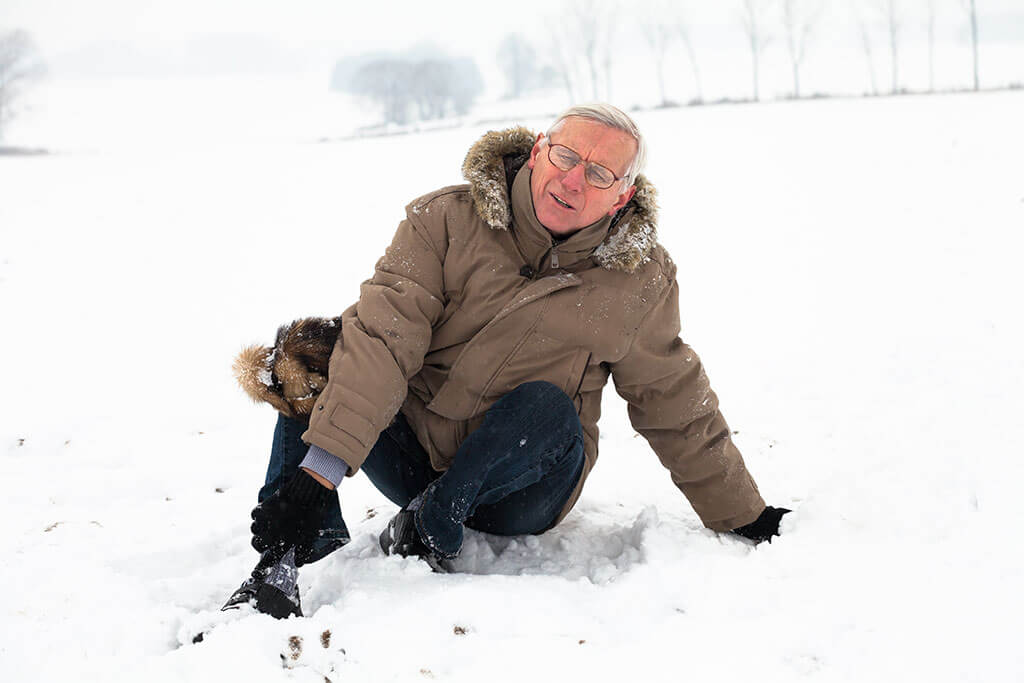What’s the safest way to get around when winter weather strikes? For most of us, it’s by driving a vehicle equipped with appropriate snow tires and an emergency kit with a cell phone and blanket. But what about seniors who may have different mobility issues? It can be tempting to stay home on snowy days, but staying active and engaged can keep you happy and healthy, even during the winter months! Here are some winter hazards that you should avoid.
The Flu
It’s flu season, which means an increased risk of infection for anyone coming into contact with other people. Unfortunately, older adults are often more susceptible to getting sick than others, so you should avoid places that tend to be packed with crowds—like grocery stores and restaurants—during peak hours. Even if you do get sick, wash your hands frequently and avoid touching your face. It’s easy to spread germs without even realizing it.
Hypothermia
Winter brings with it a range of hazards for you, but hypothermia tops the list. Hypothermia occurs when body temperature dips to unsafe levels and can be caused by wind, rain, or even heavy snow. The best way to avoid hypothermia is to keep your home warm and check on elderly neighbors and family members who live alone, especially if they live in areas prone to extreme weather. If someone shows signs of hypothermia—such as confusion, slurred speech, or weak pulse—seek medical attention immediately. Symptoms will typically improve once body temperature has been restored above 98 degrees Fahrenheit.
Icy Streets
Often, it’s not enough to drive slowly. Most drivers don’t realize how much torque their car exerts on an icy road, and they end up spinning out of control when they try to apply brakes. This can be especially dangerous for those who may not react quickly enough in an emergency. Keep your eyes peeled for patches of ice or snow. If you encounter some, put on your hazard lights and pull over to a safe place if possible; even better is parking in a garage until conditions improve.
House Fires
There are some simple steps you can take to prevent a house fire from starting. Fire is usually something associated with summer, but fires during winter happen for some reason and most of those fires happen in homes. Statistics show that as many as 10 percent of residential fires start in places where they shouldn’t—most often because residents left something cooking on their stove or an appliance accidentally became unplugged or malfunctioned. If you live alone, it can be easy to forget about these small things and overlook signs that your home might be at risk for a fire.
Strenuous Activities
Winter is a wonderful time to travel and stay active, but you need to be extra cautious about physical activity. When they engage in strenuous activities during the winter months, many run a greater risk of getting frostbite or hypothermia. These conditions can cause permanent tissue damage or even death if left untreated. To protect yourself from these serious hazards, make sure you wear warm clothing and appropriate footwear before engaging in any physical activity outside. Be sure your shoes are waterproof, too, so you won’t slip on ice.







